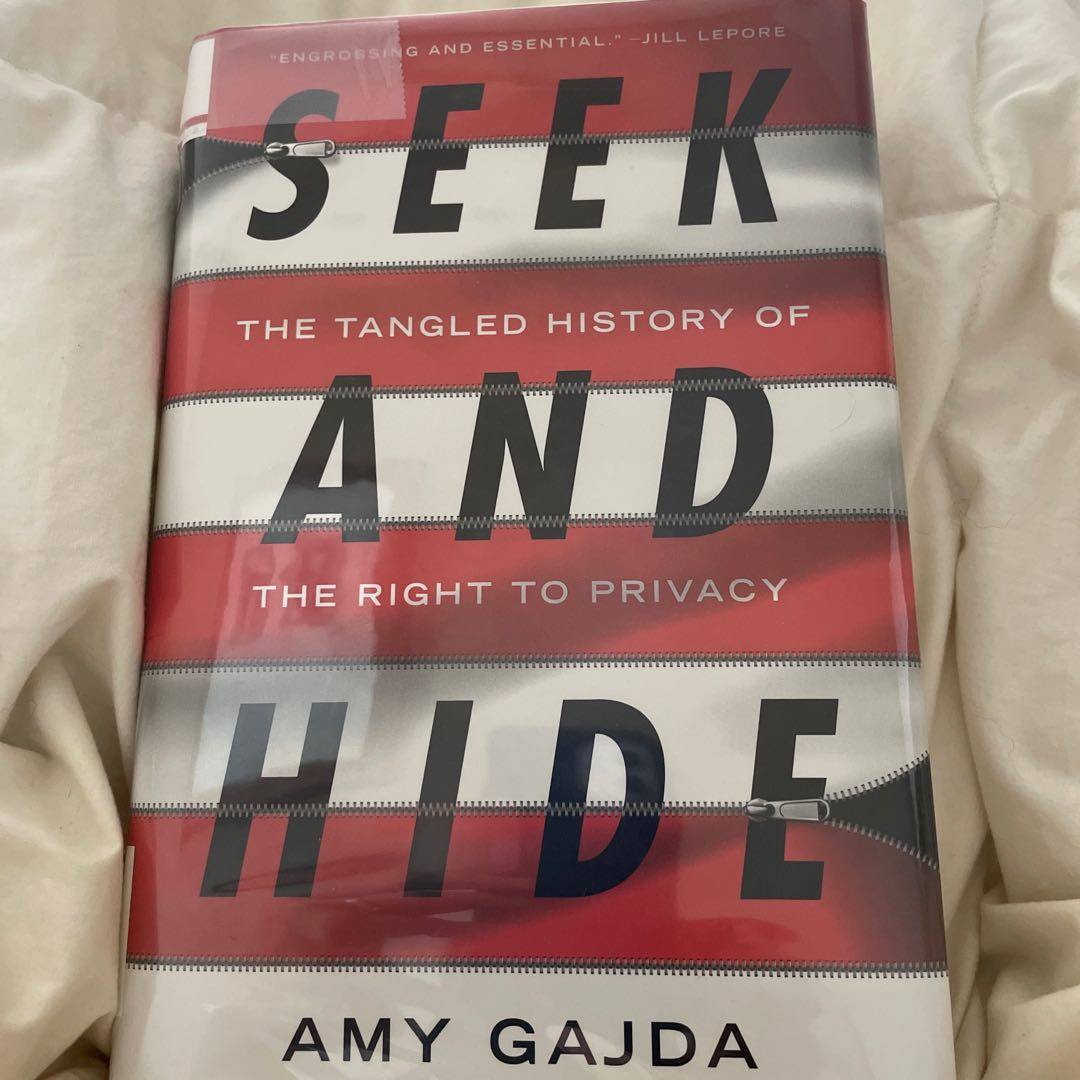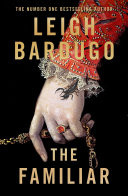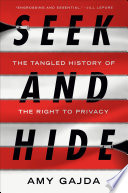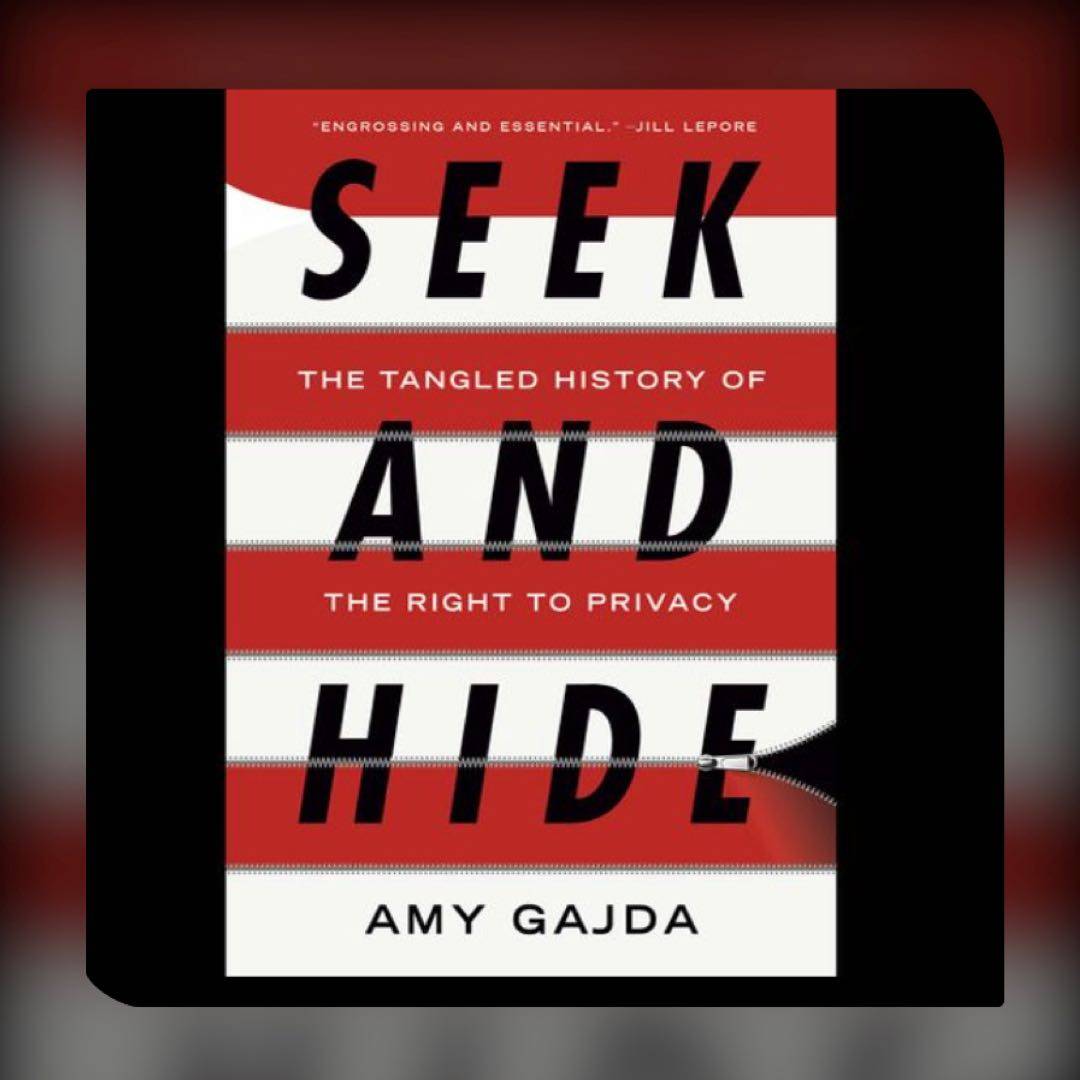
After read this book about the Constitutional history, Supreme Court and lower court stories and cases about the freedom of the press, freedom of speech, the right to privacy and the right to be forgotten, I don‘t know where the line should be. Gajda does a good job of presenting cases in which you see every pro and con of unlimited freedoms for any right. My only complaint is that it‘s a dense book, but it‘s one I‘ll ponder for awhile.




















